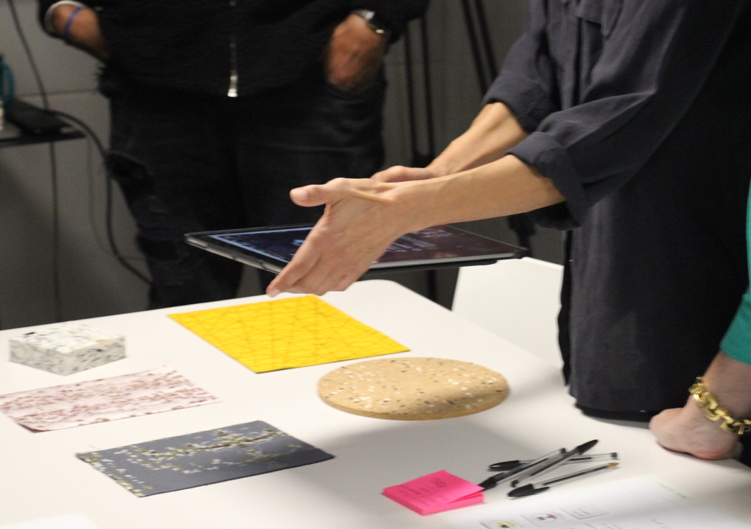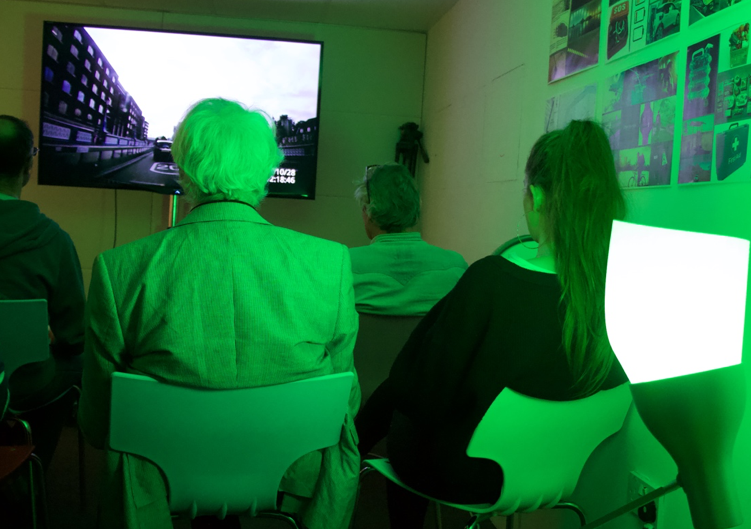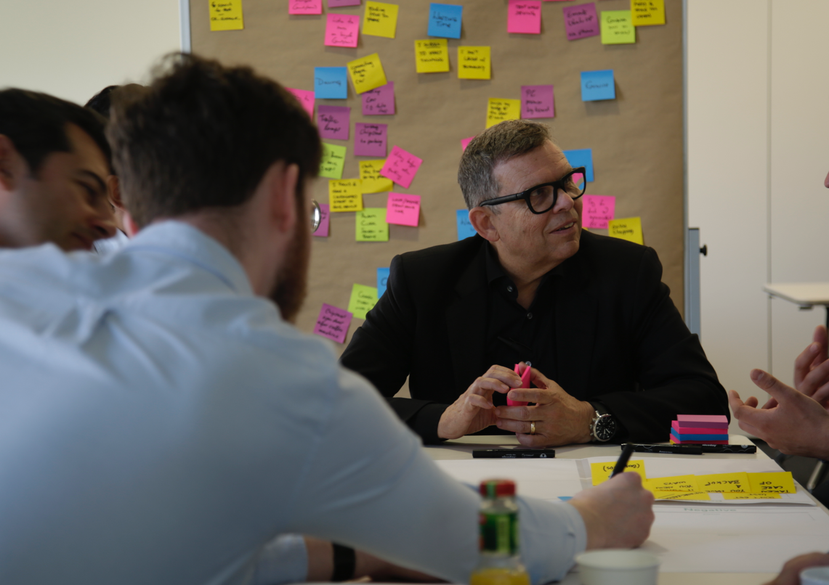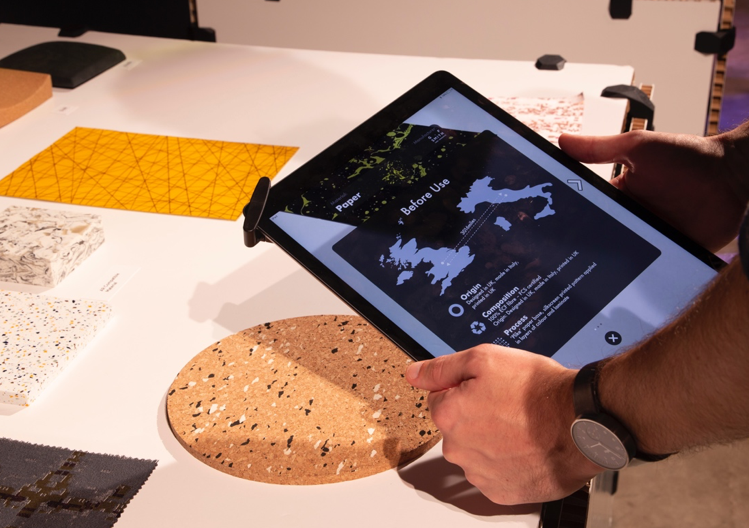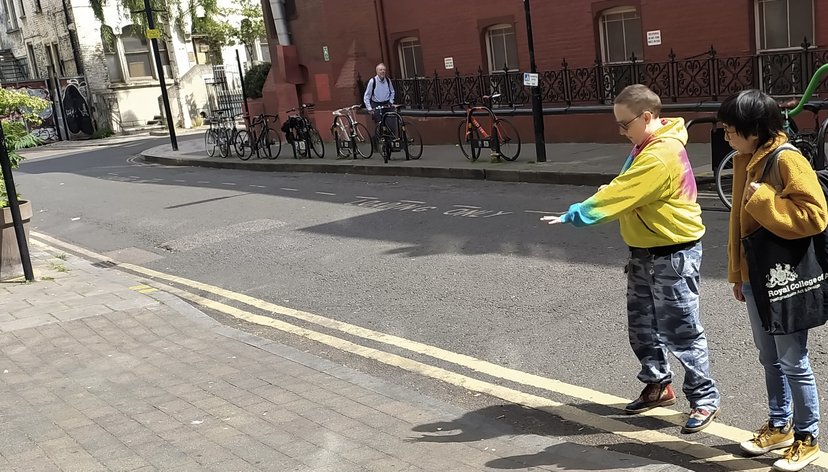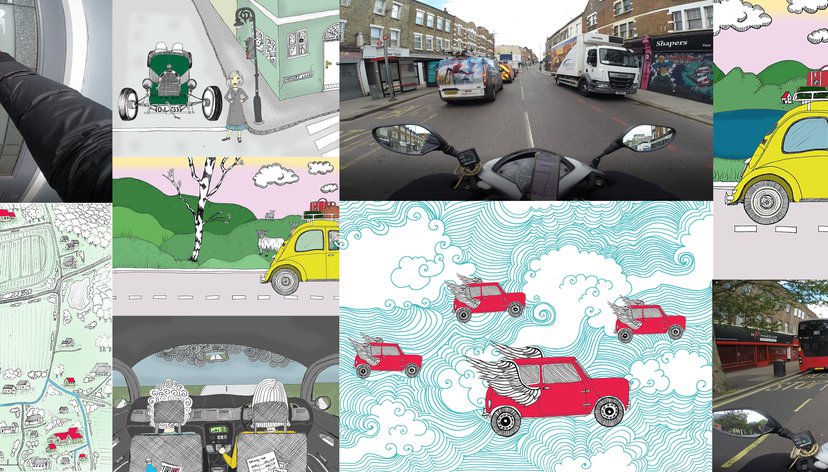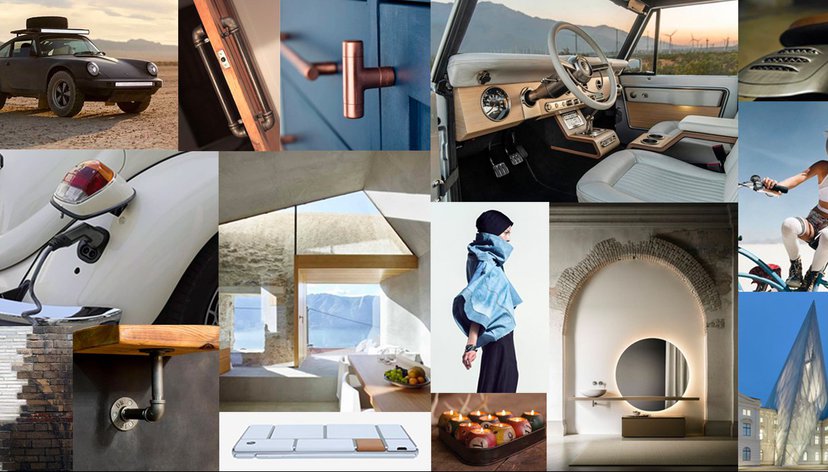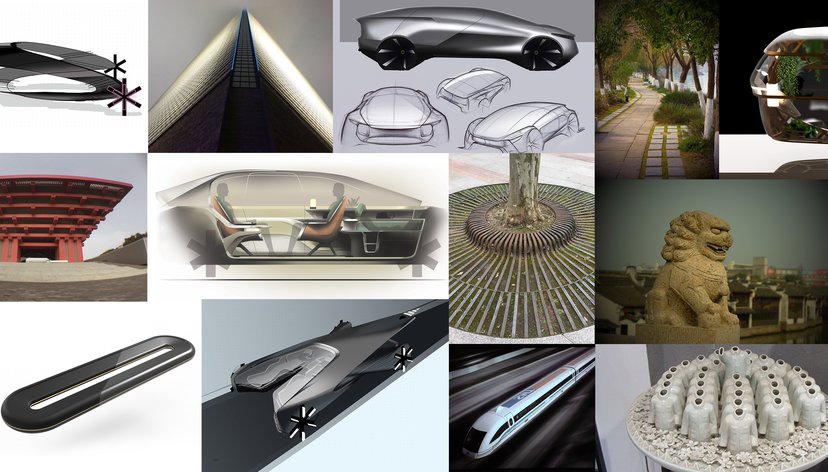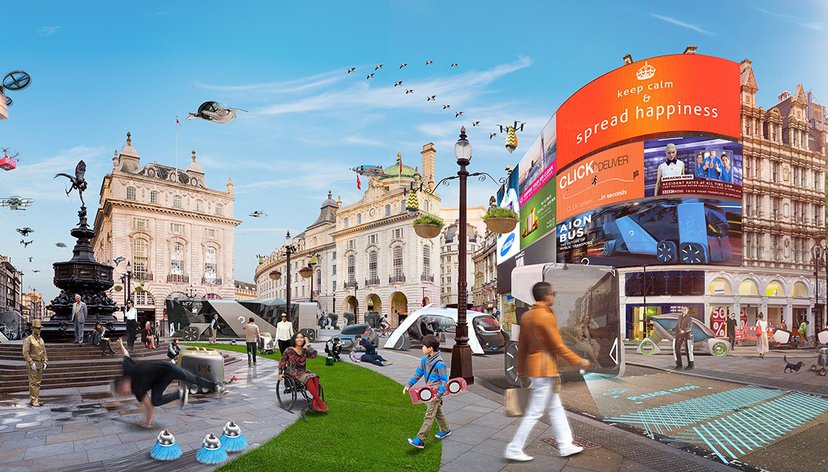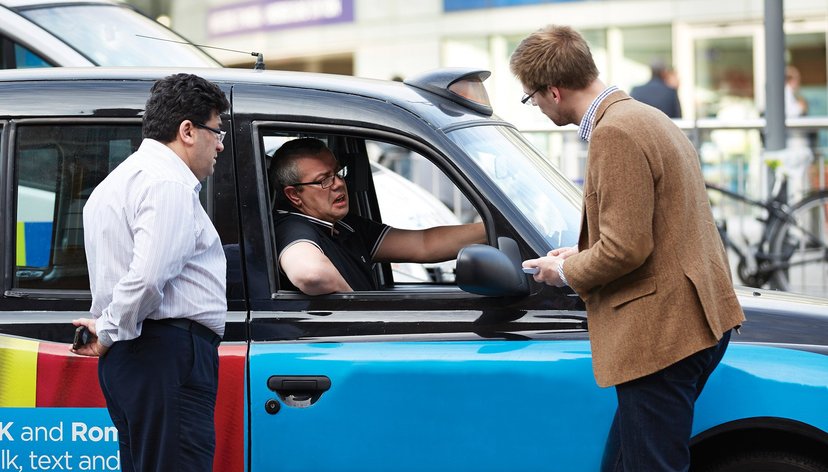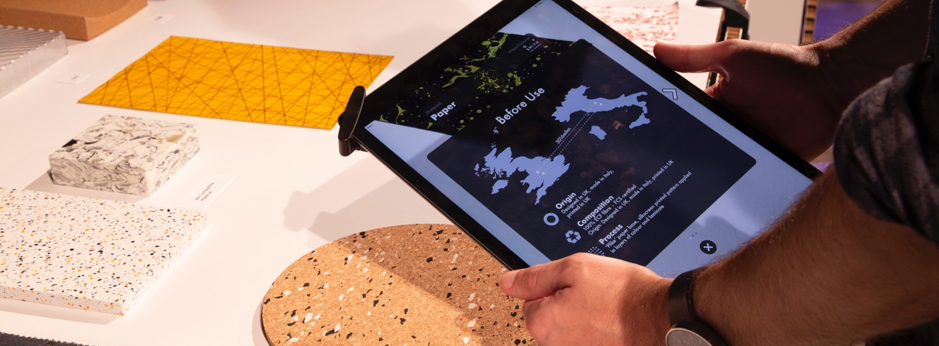
The Emotional Tech project applies emotional design as a research approach for investigating how people feel about state of the art and new emerging mobility technologies. How technology influences people at an emotional level and what factors can be improved in the design process has received little research attention and been rarely implemented in urban mobility.

In the Emotional Tech project, we explored the interactions and experiences of people and vehicles from the perspective of ‘emotions as affective artefacts’, which tackles ‘emotion’ as a conduit to help with problem-solving, decision-making and sense-making. Users generate emotion as a way to minimise errors, interpret functionality, or obtain relief from the complexity of a task.
The study focuses on subtle details of people’s emotional transitions during, before and after journeys, and during long-term use of mobility services. The researchers, designers and electronic engineers worked together to create concepts exploring what innovation opportunities could be applied to bring cutting-edge technologies into real world use. Emotional design as an important human-centred design approach has been used to create interactions between designers and users throughout the design process, which strongly influences the outcome of the study.
The research direction reflects on future market change, targeting current tangible problems and real users. The results will inspire technological innovations in production and manufacturing and create new services to fit the current market niche and user experience demands. The critical user scenarios include moving from an anxious state to relief the first time driving an unfamiliar car, settling into the car for an upcoming long journey, and an engaging service model to enable people to change vehicle parts and materials after purchase.
The project is design led research that uses inclusive design methodologies as well as visualisation and prototyping skills to generate, test, verify and rectify the innovative concepts, encouraging user engagement in the ideation and feedback processes. In this project, ‘design’ is mainly represented as tools to demonstrate the potential innovation opportunities with realised user needs instead of drawing a finished vehicle concept. Three concept demonstrations were produced to capture stakeholders and users’ feedback. Once the feedback was collected, the designers worked on developing the user experiences for each of the concepts. In conclusion, we delivered three videos to demonstrate optimised experience designs for real world use, focusing on the topics Pre-journey Preparation, Journey and Time Perceiving, and Circular Vehicle Upgrading.
Key details
Gallery
More information
Ritual, experience and emotion
Everyday rituals are often performed without deliberate thought, but have a great impact on drivers and passengers as they interact with a vehicle and automotive services – while settling into the car, during journeys, and when it is time to purchase a new car. Ritualistic behaviours are often not considered in vehicle design and research, which potentially reveals new opportunities to re-design future vehicles to address issues such as control and the sense of trust as well as first experience and emotion transition.
Our research found there are several design opportunities for focusing on ritual experiences before and during the journey. Popular drivers of vehicle rituals include Preparation and Sense of Accomplishment, Time to Myself and Emotional Transition moments, and Power to Control. These opportunities can be realised as new vehicle functions to help create trust between the driver and vehicle, which will potentially bring benefit for autonomous vehicles, or services after the initial purchase bringing increased revenue and building customer brand loyalty.
Future potential
The project is an attempt to link people’s emotions to technological innovation through the exploration of vehicle design and mobility services. The research is not about revealing the nature of emotion, but focuses on how mobility-related technologies could be applied to enable emotional transitions from anxiety to relief or assist people’s major life events. Future research potential includes investigating industry stakeholders and market generating production demos to verify the concepts, identifying business cases and technology applications for real world implementation, and exploring opportunities for applying findings to emerging technological evolution such as autonomous, electrification and alternative vehicle typologies.
Ask a question
Get in touch to find out about this or any of our other research projects.
[email protected]

